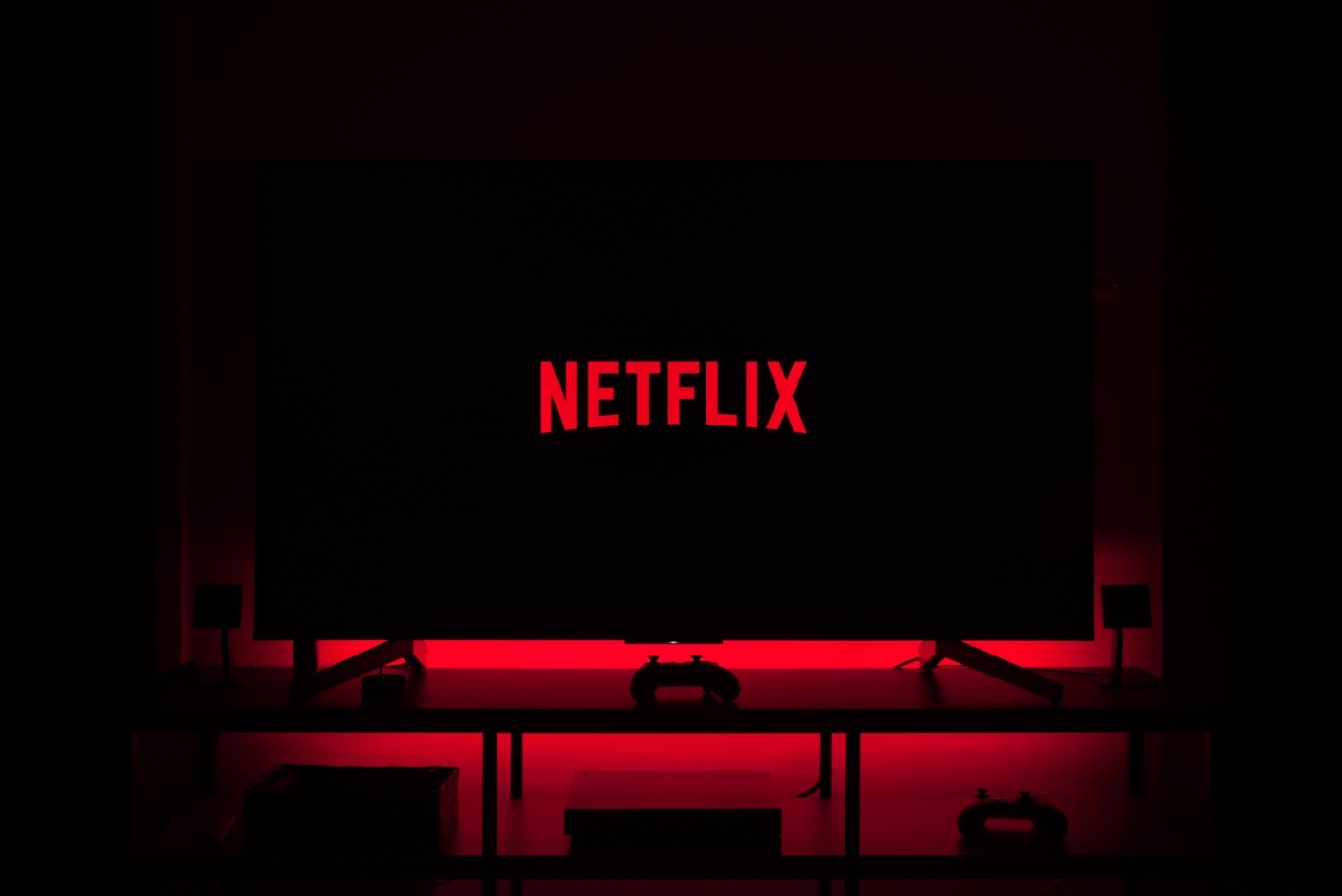Streaming services at the Golden Globes
The ability of organisations like Netflix and Amazon to utterly influence and shape our lives in such a frequent way is something that cannot be understated. Though they are such prominent parts of our normal lives today, it was only a short while ago that barely anyone had heard of them. That organisations can shape how we access cultural ideas is quite remarkable – not least in lockdown. It also gives such streaming services huge influence.
This has been widely demonstrated in Netflix’s domination of the Golden Globe awards. In some ways, this is unsurprising. For films, very few will have been released in cinemas, so most will have gone straight onto streaming services or been delayed until this year. For TV programmes, streaming services will have most likely recognised the demand for entertainment with more free time in lockdown, and a desire for more cultural content in an engaging manner.
The power of streaming services has been demonstrated in Netflix’s dominations at the Golden Globe awards
With Netflix securing 20 Golden Globe nominations, including for The Crown and Ozark, its amount of power in the cultural sphere is undeniable. Other streaming services have also benefited from the large uptake. Amazon Studios have had ten Globe nominations, including two for Steve McQueen’s anthology series Small Axe. HBO also received seven nominations, including The Undoing starring Nicole Kidman and Hugh Grant.
Their rise to popularity and recognition in the awards nomination also stems from how much original content they produce. Where as before, such companies were wholly reliant on programmes produced by traditional forms of media to operate, they have since been able to use the large funds from subscriptions to add their own contributions and original series.
Such a capitalisation of the market shows no signs of stopping despite the pandemic reducing in severity. With Netflix planning to release 70 films in 2021, tighter dominance potentially over cinemas cannot be understated. It would also suggest such success at the Golden Globes is far from exclusive to this year. Obviously, this does pose a challenge to traditional legacy broadcasters like the BBC and ITV, who previously enjoyed such a monopoly on making high quality TV content.
Such a capitalisation of the market shows no signs of stopping despite the pandemic reducing in severity
They are not the only people under threat from this however. Just as the BBC and ITV could be selective about which production companies they work with, Netflix has even more power to decide who to give exposure to and where its talents could be allocated. This comes as smaller independent production companies already struggle to find their place in a competitive market decimated by the pandemic.
Netflix would argue that they are simply following consumer demand. As the demand is high for watching TV programmes, they are simply supplying what audiences want. However, the need for trying to prevent a monopoly where possible is necessary and sensible. Awards seasons could help to maintain this hierarchy and difference in power. Those that are nominated and eventually win receive more attention and social coverage. If these winners come from Netflix or Amazon Prime, the circle giving them more recognition and power in the future continues.
However, the need for trying to prevent a monopoly where possible is necessary and sensible. Awards seasons could help to maintain this hierarchy and difference in power
The balance with any such exposure is about ensuring it is widespread. Sometimes the best artistic pieces of creativity are those that receive the smallest amount of coverage or have a limited budget. In reality, these can be the pieces of art pushing new boundaries and subverting traditional expectations. It is the same with TV as cinema; just as the large blockbusters have their attributes and flaws, so do the TV programmes with widespread funding.
It is unclear whether quotas would be the correct answer for ensuring that smaller companies are seen alongside the bigger companies. This would only achieve limited results and would lead to the accusation that TV shows were being nominated because of the platform they were released on rather than the quality of the programme itself. Instead, there should be a focus on encouraging audiences to consult a wide range of platforms when looking at different media outlets to decide what would interest them the most. This would ensure the widest possible range of artistic creativity and interest was pursued, making the awards season fairer and more representative. While there will always be disparities in which receives attention, the Golden Globes would suggest Netflix and Amazon Prime are set to dominate them for a long time to come.

Comments